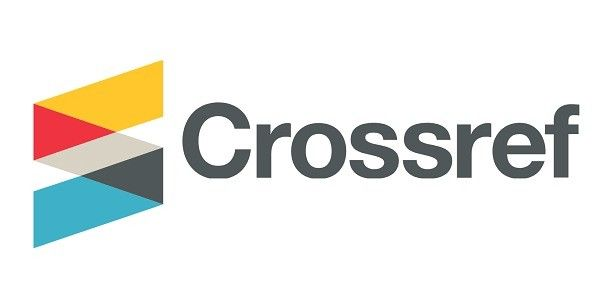AI Policy
The World Journal of Experimental Biosciences is committed to upholding the highest standards of integrity and transparency in scientific publishing. With the growing use of generative artificial intelligence (AI) tools (e.g., ChatGPT, Gemini, Copilot, Claude), the following policy applies:
1. Authorship
- Generative AI tools cannot be credited as authors. Authorship requires accountability, originality, and responsibility, which AI cannot assume.
- Authors remain fully responsible for the accuracy and integrity of all content submitted, including any parts assisted by AI.
2. Acceptable Use of AI
- AI tools may be used to improve grammar, language clarity, or formatting.
- Authors may use AI to assist with coding, data processing, or literature searches only if the results are validated by the authors.
3. Unacceptable Use of AI
- AI must not be used to generate, fabricate, or falsify data, images, figures, references, or citations.
- AI tools must not be used to bypass originality or integrity standards.
4. Disclosure Requirement
- Any use of generative AI must be explicitly declared in the manuscript (e.g., Methods or Acknowledgment section).
- Example disclosure:
“This manuscript made use of [tool name, version, developer] to assist in [describe purpose, e.g., language editing or data summarization], and the content was reviewed and verified by the authors.”
5. Editorial and Review Use
- Editors and reviewers may use AI tools for limited support (e.g., grammar checks, summarization) but not to replace independent, critical evaluation.
- Manuscript content must never be uploaded into public AI tools to protect confidentiality.
6. Ethical Compliance
- All manuscripts will undergo plagiarism, similarity, and integrity checks.
- Failure to disclose AI use or misuse of AI in research or writing will be treated as a breach of publication ethics and may lead to rejection, retraction, or reporting to relevant authorities.















